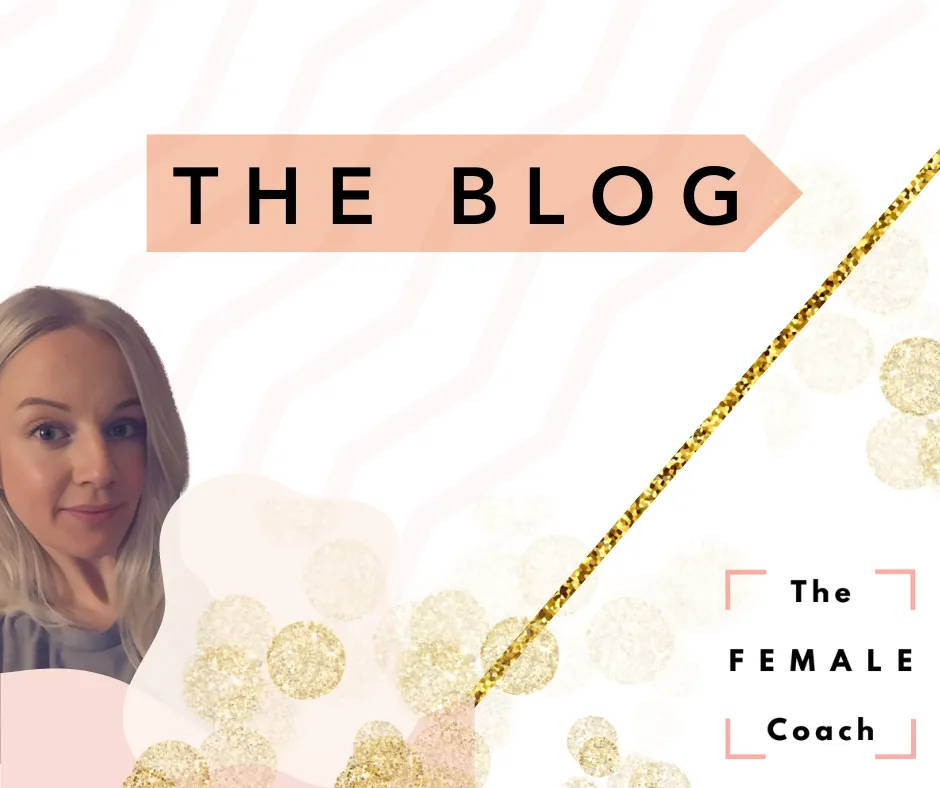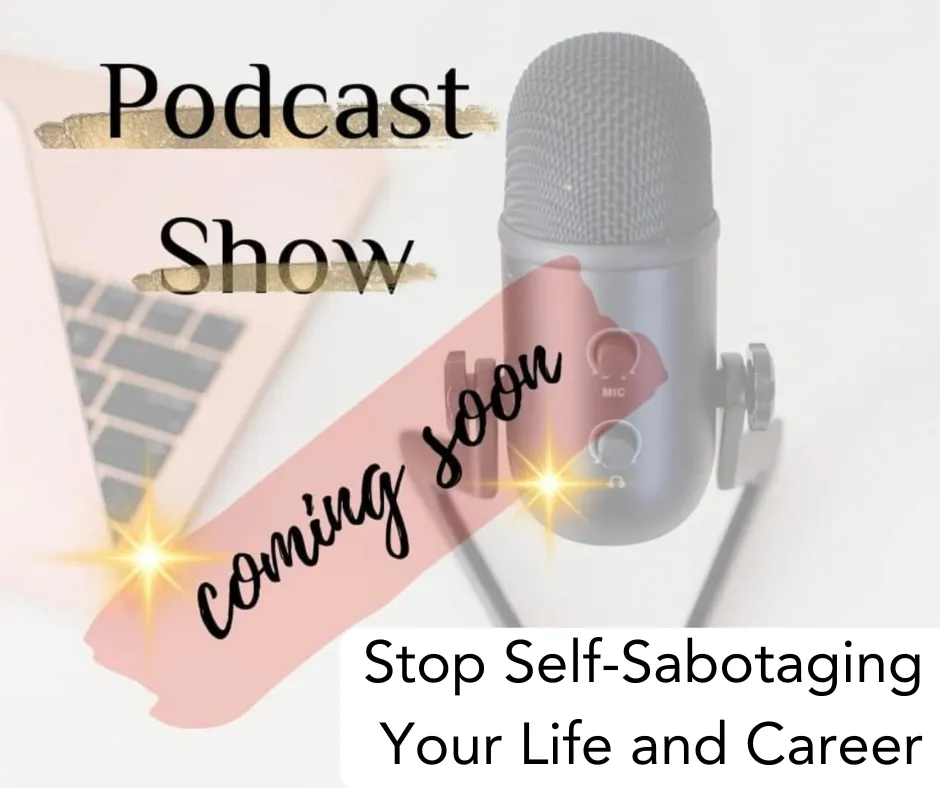The Blog

How Tidying Up Can Boost Your Mental Health

We’ve all been there—clothes draped over chairs, drawers stuffed with who-knows-what, and that one kitchen counter that’s become a dumping ground for post, keys, and random bits of life. It happens to the best of us. But here’s the thing: clutter isn’t just a minor nuisance. It can have a serious impact on your mental health and overall well-being.
Let’s get one thing straight right away: you shouldn’t feel ashamed of clutter. Life is hectic, and sometimes things pile up. But understanding the connection between a cluttered space and a cluttered mind can be a powerful motivator to start making changes.
The Science Behind Decluttering and Mental Health
Research has shown that cluttered environments can increase stress and anxiety. When your space is disorganised, it can make you feel overwhelmed, anxious, and even depressed. Your brain is constantly processing the visual stimuli of clutter, which can leave you feeling mentally exhausted without even realising why.
A study from the Personality and Social Psychology Bulletin found that women who described their homes as cluttered or full of unfinished projects were more likely to be fatigued and depressed compared to those who felt their homes were restful and restorative. This suggests that your surroundings have a direct impact on your mental state.
Clutter and Your Well-being: The Hidden Costs
Beyond the obvious stress, clutter can also negatively affect your productivity. A cluttered desk, for example, can make it harder to focus on work or important tasks. The constant search for misplaced items can eat away at your time and energy, leaving you feeling drained.
And let’s not forget about the impact on sleep. A cluttered bedroom can lead to a cluttered mind at night, making it harder to wind down and get the quality rest you need. A calm, organised space promotes relaxation, which is essential for a good night’s sleep.
Finding Clarity Through Decluttering
Decluttering isn’t just about getting rid of stuff; it’s about creating space—both physically and mentally. When you declutter, you’re not just making your home look nicer; you’re also clearing out mental cobwebs, making room for clarity, creativity, and calm.
Start small. Pick a drawer, a corner, or a single shelf and begin there. It’s easy to get overwhelmed by the thought of decluttering an entire room or house, so break it down into manageable steps. As you start to see progress, you’ll likely find yourself feeling lighter and more motivated to continue.
Remember the emotional side of decluttering, too. We often hold onto things for sentimental reasons, and that’s okay. But consider whether these items are truly serving you or if they’re just adding to the clutter. If something holds a lot of memories but no longer serves a practical purpose, take a photo of it before letting it go. This way, you can keep the memory without the physical item taking up space.
The Benefits You’ll See and Feel
As you clear away the clutter, you’ll likely notice a shift in your mindset. The act of decluttering can be incredibly empowering. It’s a way of taking control of your environment, which can translate into feeling more in control of other areas of your life.
An organised space can lead to better focus, increased productivity, and a greater sense of calm. You may find it easier to relax, sleep, and even enjoy your time at home. When your space is clear, your mind has room to breathe, think, and be creative.
Embrace the Process
Decluttering is a journey, not a one-time event. It’s about making choices that prioritise your mental health and well-being. Don’t rush it, and don’t be too hard on yourself if it takes time. The key is to keep moving forward, one small step at a time.
So, the next time you look around and see clutter, don’t feel defeated—feel motivated. By tackling that pile of clothes, organising that drawer, or clearing off that counter, you’re doing something powerful for your mental health. You’re creating a space where you can thrive, both physically and mentally. And that’s something to be proud of!

"Signing up to The Female Coach and working with Michelle has really transformed my mindset. I have always struggled with anxiety, and Michelle not only listened and supported me, but provided me with the tools I needed to adapt my mindset and help me feel empowered - would highly recommend working with The Female Coach"
- Rachel

Loved this? want more? sign up & get involved - Let's keep moving you forward...
© Copyright 2025 The Female Coach - Privacy Policy - Terms & Conditions

